‘I’m so thankful for that message’: The final calls made by 9/11 victims that still comfort grieving relatives
‘When the tape is made public to the world, people will hear that they all went about their jobs without fear, and selflessly,’ wife of hero firefighter Orio Palmer says
Your support helps us to tell the story
From reproductive rights to climate change to Big Tech, The Independent is on the ground when the story is developing. Whether it's investigating the financials of Elon Musk's pro-Trump PAC or producing our latest documentary, 'The A Word', which shines a light on the American women fighting for reproductive rights, we know how important it is to parse out the facts from the messaging.
At such a critical moment in US history, we need reporters on the ground. Your donation allows us to keep sending journalists to speak to both sides of the story.
The Independent is trusted by Americans across the entire political spectrum. And unlike many other quality news outlets, we choose not to lock Americans out of our reporting and analysis with paywalls. We believe quality journalism should be available to everyone, paid for by those who can afford it.
Your support makes all the difference.More than two decades on, their voices echo through time.
Recordings of those trapped in the Twin Towers, on hijacked flights, or of emergency responders running headlong into an inevitable fate continue to provide comfort to the loved ones still mourning their loss.
Many have been preserved and shared by family members of the victims of the terror attacks as a living memorial to their lives.
Those voices have also provided crucial insights into the events of September 11.
They held key evidence that would later be used to secure convictions of several terrorists, offer insights for the 9/11 Commission Report, and be exhibited at the 9/11 Memorial & Museum.
The final 9/11 calls remain an incredibly moving human tribute in the face of the barbarism of that day.
Jim Gartenberg
A successful commercial real estate executive, on September 11, 2001, Mr Gartenberg had gone into clear his desk on the 86th floor of the north tower after accepting the offer of a new job.
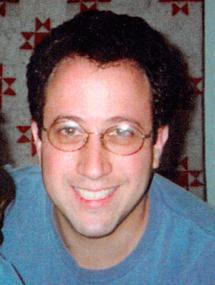
Moments after Flight 11 hit at 8:45am a few floors below him, he tried to reach his wife Jill at her office on the Upper East Side. She hadn’t arrived yet, and so he called his closest friend Adam Goldman.
“Adam, there’s a fire on the floor,” Mr Gartenberg screamed. “I’m trapped and can’t get out.”
Mr Goldman was by now watching the smoking tower on television. He would later recall his body shook, as he realised the danger his friend was in. He told Mr Gartenberg to try to stay calm and find a way down.
“I can’t stay calm with you, Adam – I’m afraid. Please get me out of here.”
Next Mr Gartenberg called the offices of his firm Julien J. Studley and reached the senior vice president for human resources Margaret Luberda.
He explained he was trapped in his office by debris that had pinned the doors closed.
Ms Luberda called emergency services on a second line and reached a firefighter. Help was on its way, the fireman told her.
“They’re coming for you Jim,” she relayed to Mr Gartenberg, who was still on the other line.
Mr Gartenberg spoke to another close friend, and called a TV station to tell emergency responders where he could be found. He sounded calm and assured on the call to media, he didn’t want to worry other families.
He called his wife Jill back and they agreed she should leave work and head to her mother’s home nearby.
With his office filling with smoke and heat, and debris continuing to fall, Mr Gartenberg continued to take calls from his friend Mr Goldman and HR manager. They had seen the second plane hit the south tower, but Mr Gartenberg wasn’t aware of the shocking development, and nobody told him.
Mr Gartenberg took cover under a desk in the reception area and spoke to his wife one final time, telling his wife how much she and their two-year-old daughter Nicole meant to him.
“I love you,” he told her. “I love Nicole.”
“I love you, too.”
She was three months pregnant with their second child.
Melissa Doi
Melissa Doi, 32, a manager at IQ Financial Systems, was at work on the 83rd floor of the south tower when United Airlines Flight 175 hit at 9:03am.
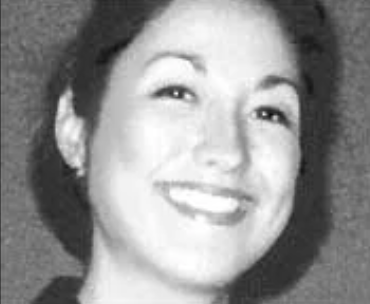
At 9:17 am, she reached an emergency operator to say she was trapped.
“Holy Mary, mother of God,” Ms Doi said.
“There’s no one here yet, and the floor’s completely engulfed. We are on the floor and we can’t breathe and it’s very, very hot.”
She stayed on the line for the next four minutes, as the 9/11 operator tried to keep her calm.
“I’m going to die, aren’t I?” Ms Doi asked.
“No, no, no,” said the operator.
“I’m going to die,” Ms Doi replied.
“Ma’am, say your prayers,” the operator says, in tapes that were released in 2006 after being used as evidence in the terrorism trial of September 11 conspirator Zacarias Moussaoui.
“Oh, God, it’s so hot. I’m burning up,” Ms Doi said.
Ms Doi’s voice went silent soon after, as the operator continued to talk to her for another 20 minutes. She repeated Ms Doi’s name again and again.
“I don’t know if she’s unconscious or just out of breath, but it sounds like they are unconscious and snoring,” the dispatcher said.
“The line is dead now. They hung up. The line is now dead.”
Orio Palmer
Orio Palmer was the deputy chief of Battalion 7 on 9/11 and was among the thousands of first responders who headed for the site of the Twin Towers to respond to the attacks.
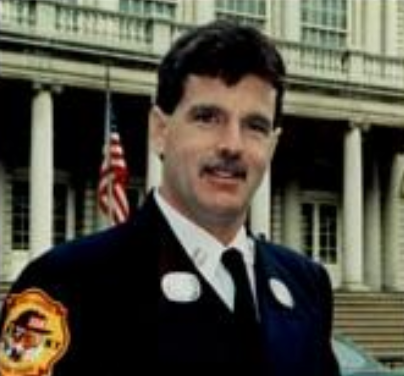
Mr Palmer, a 45-year-old marathon runner and qualified engineer, managed to fix a broken lift and take it to the 41st floor.
From there, the married father of three led a team of firefighters to the impact zone on the 78th floor, using his exceptional fitness to climb 37 stories carrying his 50-pound fire gear, all the while relaying to the command centre to what he was seeing.
According to the 9/11 Commission Report, Mr Palmer and colleagues managed to rescue people trapped in an elevator just seconds before the tower collapsed at 9:59am.
He bravely relayed what he was seeing to colleagues over the radio in a calm and confident voice, describing seeing dozens of civilian deaths and casualties and reassuring survivors who were rushing down the stairs.
“I didn’t hear fear, I didn’t hear panic,” Mr Palmer’s wife Debbie would later say.
“When the tape is made public to the world, people will hear that they all went about their jobs without fear, and selflessly.”
Sharing my dad, Orio Palmer's story https://t.co/wLOso98OjQ
— Keith Palmer (@JustCallMeKeith) September 11, 2015
Mr Palmer’s brother Stephen told the 2009 documentary 9/11: Phone Calls from People Trapped in the Towers: “Anyone who was wounded or dying, to know somebody was able to get up there, they knew there was a way to get out.
“For people who were there at the impact, I can only imagine it must have been some elation or euphoria ... just to see him and realise that there’s some hope here thanks to this guy who just made it up here.”
CeeCee Lyles
A flight attendant on United Airlines Flight 93, 33-year-old CeeCee Lyles phoned her husband Lorne from a cell phone from the back of the cabin after hijackers had breached the cockpit and stabbed several passengers.
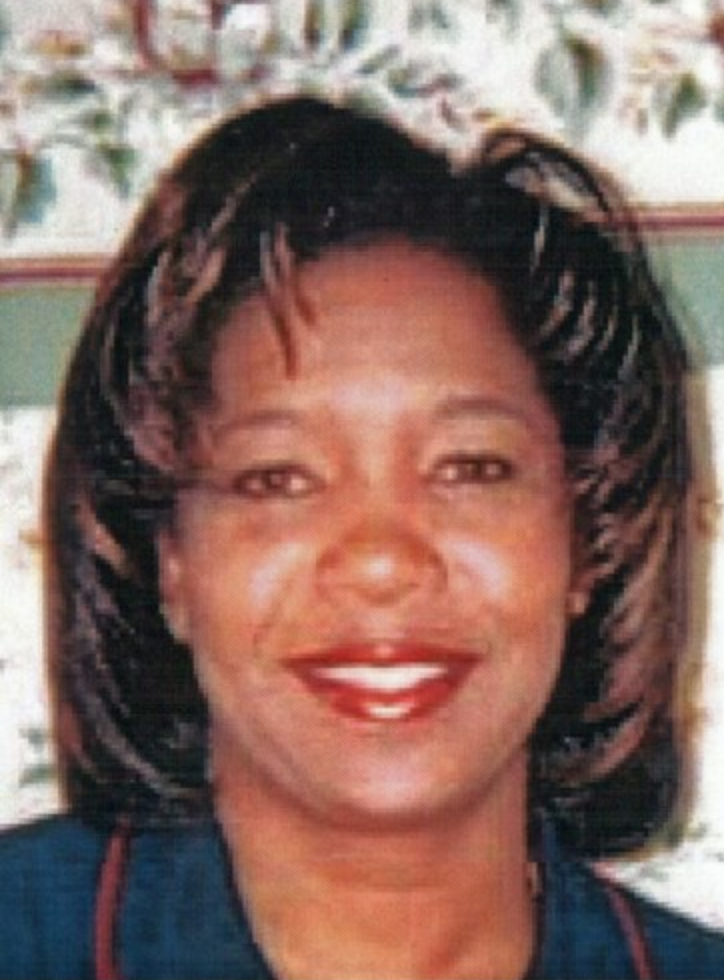
The couple had met on the job as police officers in Fort Pierce, Florida, and when they married in May 2000 both brought two children from previous relationships.
After six years as a law enforcement officer, Mrs Lyles decided to follow her dream of becoming a flight attendant in October 2000.
Initially unable to reach her husband, Ms Lyles left a message for him.
“Hi baby, baby you have to listen to me carefully. I’m on a plane that’s been hijacked, I’m calling from the plane.
“I want to tell you that I love you. Please tell my children that I love them very much and I’m so sorry baby.
“I don’t know what to say. There’s three guys, they’ve hijacked the plane, we’re turned around and I heard that there’s planes that have been flown into the World Trade Centre.
“I hope to see your face again, baby. I love you.”
A few minutes later she called again, and this time Mr Lyles picked up.
Mr Lyles told the Associated Press in 2018 that they prayed together.
“Tell the boys I love them. We’re getting ready to do it now,” she told him, likely referring to the passengers and crew preparing to rush the cockpit door to prevent the terrorists from reaching their target.
“It’s happening,” she said.
Her final call was placed some time after 9:28am. The plane crashed at 10:03am in a field east of Pittsburgh in Somerset County, Pennsylvania.
Bryan Sweeney
A former Navy pilot, Bryan Sweeney called his wife Julie Sweeney Roth from United Flight 175 that had departed from Boston that morning bound for Los Angeles.
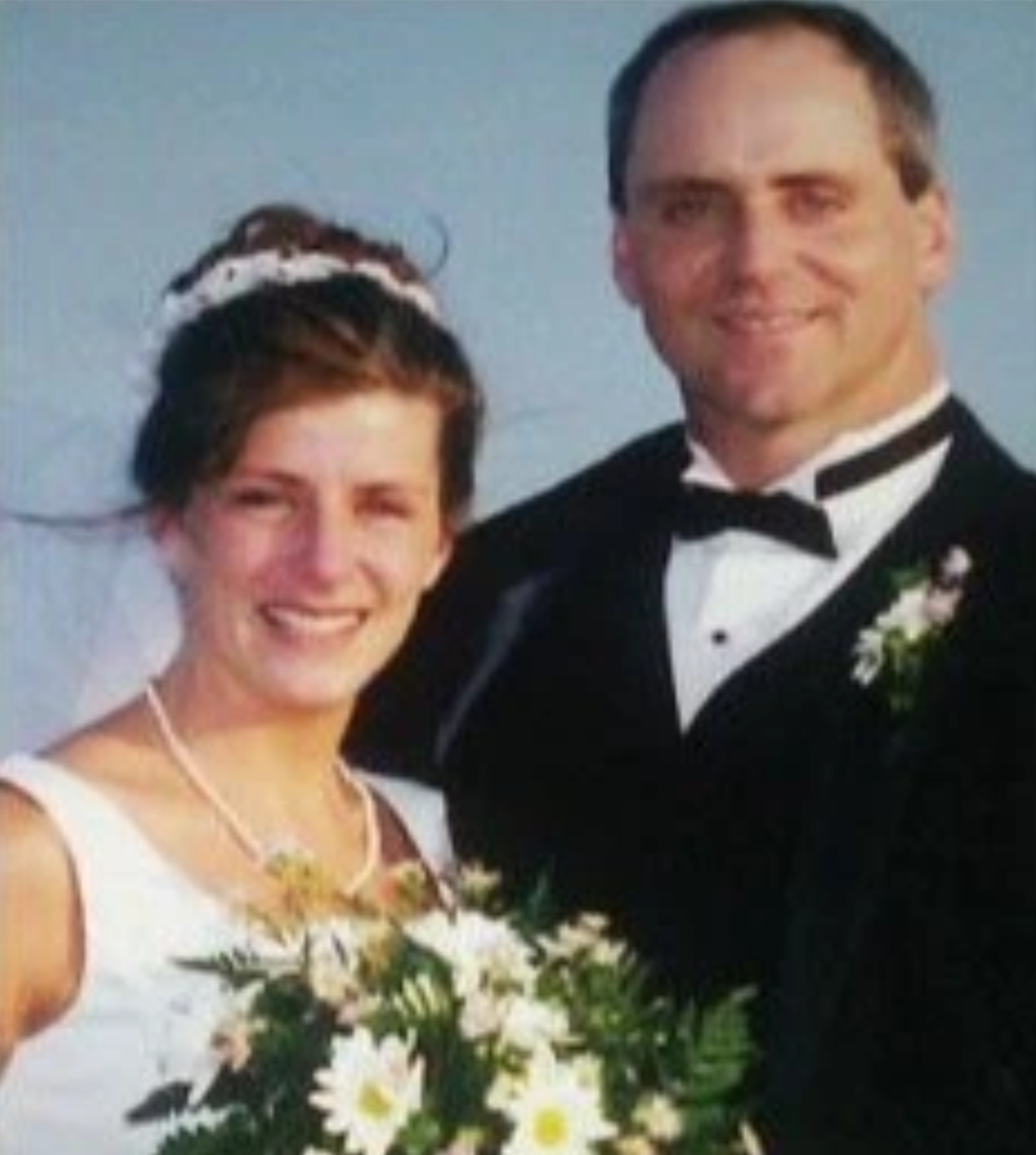
Ms Sweeney Roth, a teacher, was at work on the morning of 11 September, and was pulled out of her classroom to receive the news that her husband was on a plane that had been hijacked.
Returning home, she found a message on their answering phone which Mr Sweeney had made from a seat-back phone.
“Jules, this is Brian. Listen, I’m on an airplane that’s been hijacked. If things don’t go well, and it’s not looking good, I just want you to know I absolutely love you.
“I want you to do good, go have good times. Same to my parents and everybody, and I just totally love you, and I’ll see you when you get there,” Mr Sweeney told his wife soon before the plane hit the south tower in New York.
Recalling hearing the recording for the first time in an interview for the 9/11 Memorial & Museum, Ms Sweeney Roth said “it was just so Brian”.
Your breath is checked, for a second, reading this. pic.twitter.com/jSgt335PoS
— Stig Abell (@StigAbell) September 11, 2017
“I’m thankful for it. So thankful for that message. Because, at least I know, without a shadow of a doubt, what he was thinking.
“The calmness in his voice soothed me … And it’s very powerful. He made very powerful statements with that message.”




Join our commenting forum
Join thought-provoking conversations, follow other Independent readers and see their replies
Comments